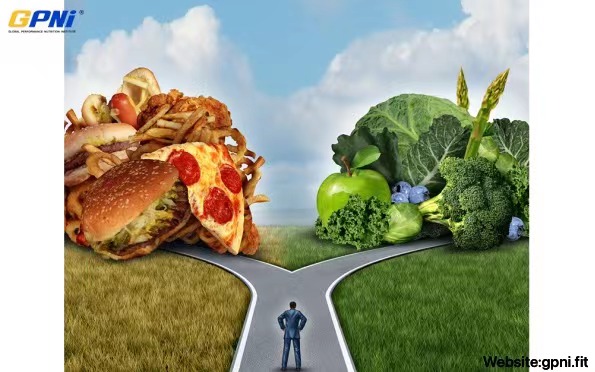Intuitive eating. Another catchy phrase frequently used on social media. It is one of those things that one person adopts, feels great and suddenly feels that everyone around them should do the same. The term of “intuitive eating” was coined by two dietitians, Elyse Resch and Evelyn Tribole. Their goal was to provide a nutritional framework to help those stuck in the cycle of chronic dieting. The framework has 10 principles that are meant to guide the individual to eating intuitively.
More often than not, those who say they are intuitively eating have no idea about the history or framework. The general premise behind intuitive eating is to ditch the diet and eat foods based on what feels right for you and your body. This is where the debate starts. For some, the belief is that intuitive eating translates into a free for all eating style characterized by indulging on all foods with little regard for health and wellness. This couldn’t be farther from the truth.

First, eating what you (or your body) wants is important but that also means taking into consideration how your body will feel. I love cookies or any sweets for that matter. I could easily survive on a diet of cookies, but I choose to incorporate a variety of other foods in my diet. This is the part of intuitive eating that some miss. Eating to “honor” your body also means eating in a way that promotes optimal health. Eating cookies all day may feel good in the moment but if no other foods are included, I will end developing micronutrient deficiencies (among other things) and my body will feel worse. It is all about finding the balance between incorporating foods you enjoy and foods that make your body optimally function in the physiological sense.
Another misnomer is eating only when hungry and stopping when you’re full. Generally speaking, it is ideal to eat this way, but what happens when our schedules collide with our hunger/fullness cues. I may not be hungry at lunch time, but I know if I don’t eat, I may not get another chance until after work. Therefore, I eat because fueling my body for the workday is more important than how hungry I am in the moment. Not to mention, there are plenty of situations that arise where one might eat in the absence of hunger. Celebrations, religious holidays, family functions, the list continues. It would be rather pompous of me to think the rest of the world should follow my hunger cues.

To me, the most simplistic explanation of intuitive eating is eating in a way that suits you and not feeling the need to justify it to anyone or feeling guilty that is doesn’t align with your favorite role model or social media influencer. For some this is a challenging endeavor. For others, this is something they naturally practice and find it strange to give it an official label. Rather than get caught up in all these labels (healthy, unhealthy, bad, intuitive etc.), focus on what works for you. Regardless of your views on intuitive eating, the reasons behind what and how we eat are highly individualized and personal. We eat for more reasons than to merely provide fuels for our body or to simply be healthy. Food is meant to be enjoyed and bring people together.

By Cassie Evans (MS, RD, CISSN). Official Editorial Writer for GPNi®.
Cassie Evans is a registered dietitian and a published researcher. She has studied sports nutrition and completed an internship with the University of Miami Sports Nutrition Team and Nova Southeastern University’s sports performance team. She holds a Bachelor of Science in Exercise and Sports Science and received her CISSN in 2018. She is currently pursuing her doctorate in Human and Sports Performance from the Rocky Mountain University of Health Professions.







